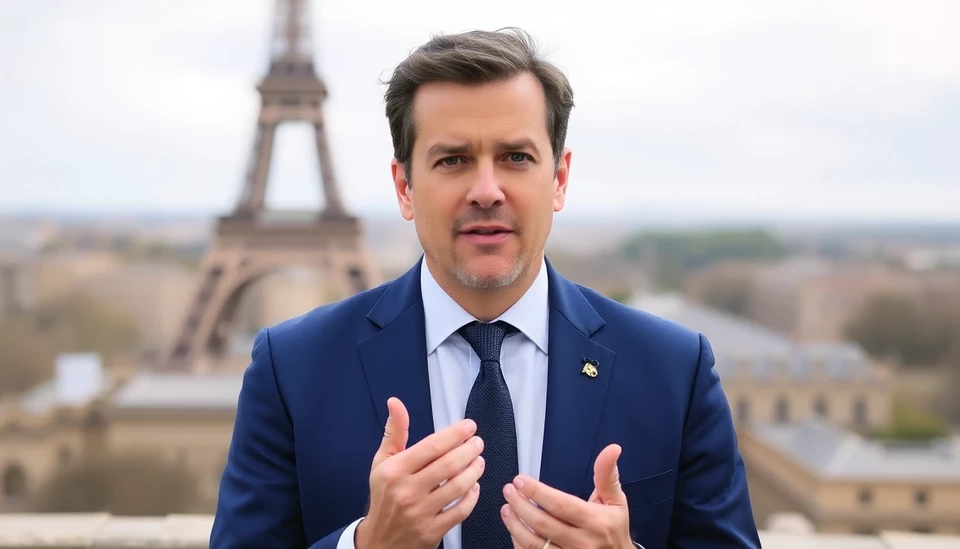
In a significant move to address its mounting public debt, France has unveiled plans for a new taxation strategy aimed at companies and the wealthiest individuals in the country. The announcement comes at a time when the French government is grappling with a debt burden that has reached alarming levels, prompting leaders to seek innovative solutions to stabilize the economy.
The French economy, which has been on a recovery trajectory post-pandemic, is facing challenges that threaten its stability. With a public debt standing at approximately 113% of GDP, the government is adamant about taking decisive action to bring this figure down. This fiscal strategy is expected to generate substantial revenue while maintaining the health of the economy.
Under the new plan, which is broadly supported by key economic figures within President Emmanuel Macron’s administration, corporate tax rates are set to rise. Additionally, wealthy individuals will see an increase in the taxes they pay. This dual approach is designed not only to generate income for the state but also to create a more equitable fiscal environment in which those who can afford to contribute more are held accountable.
The government’s proposal has been met with mixed reactions. Supporters argue that the increase in taxation on companies and wealthy citizens is a necessary step towards achieving sustainable economic growth and reducing the debt burden. They emphasize that such measures are essential in funding public services and infrastructure projects that benefit the broader population.
On the other hand, critics of the plan warn that raising taxes on corporations could stifle economic growth and deter investment in France. They express concerns that higher taxes might push businesses to relocate to countries with more favorable tax environments, potentially leading to job losses and diminished economic activity within France’s borders.
In response to opposition, officials have highlighted the importance of using the generated funds wisely to invest in key sectors, such as healthcare, green energy, and technology, which can stimulate growth and innovation. They insist that a balanced approach will be critical to ensuring that the tax increases do not negatively impact France’s competitive edge.
The government also plans to initiate dialogues with business leaders and economic experts to ensure that the new tax measures are implemented in a manner that supports both fiscal responsibility and economic vitality. This engagement aims to build consensus on the best ways to move forward without compromising the interests of businesses and constituents alike.
France’s new tax strategy marks a pivotal moment in the nation’s economic policy and reflects broader global trends of re-evaluating tax structures amidst rising public debt levels. As countries worldwide grapple with fiscal responsibilities, France’s approach may serve as a model for balancing debt reduction with economic growth.
As the implementation of these tax changes looms on the horizon, stakeholders from various sectors will be watching closely. The success or failure of this strategy could have profound implications for France's economic landscape and its future financial stability.
With this comprehensive plan, France aims not only to diminish its debt load but also to redefine how economic contributions are made, ensuring that the fiscal responsibilities are not just held by the average taxpayer but also reflect the potential of large corporations and affluent individuals.
In summary, as France embarks on this ambitious taxation reform, the upcoming months will be critical in shaping its economic future and addressing the pressing challenge of public debt.
#France #Economy #TaxReform #PublicDebt #CorporateTax #WealthTax #EconomicStrategy
Author: Rachel Greene




